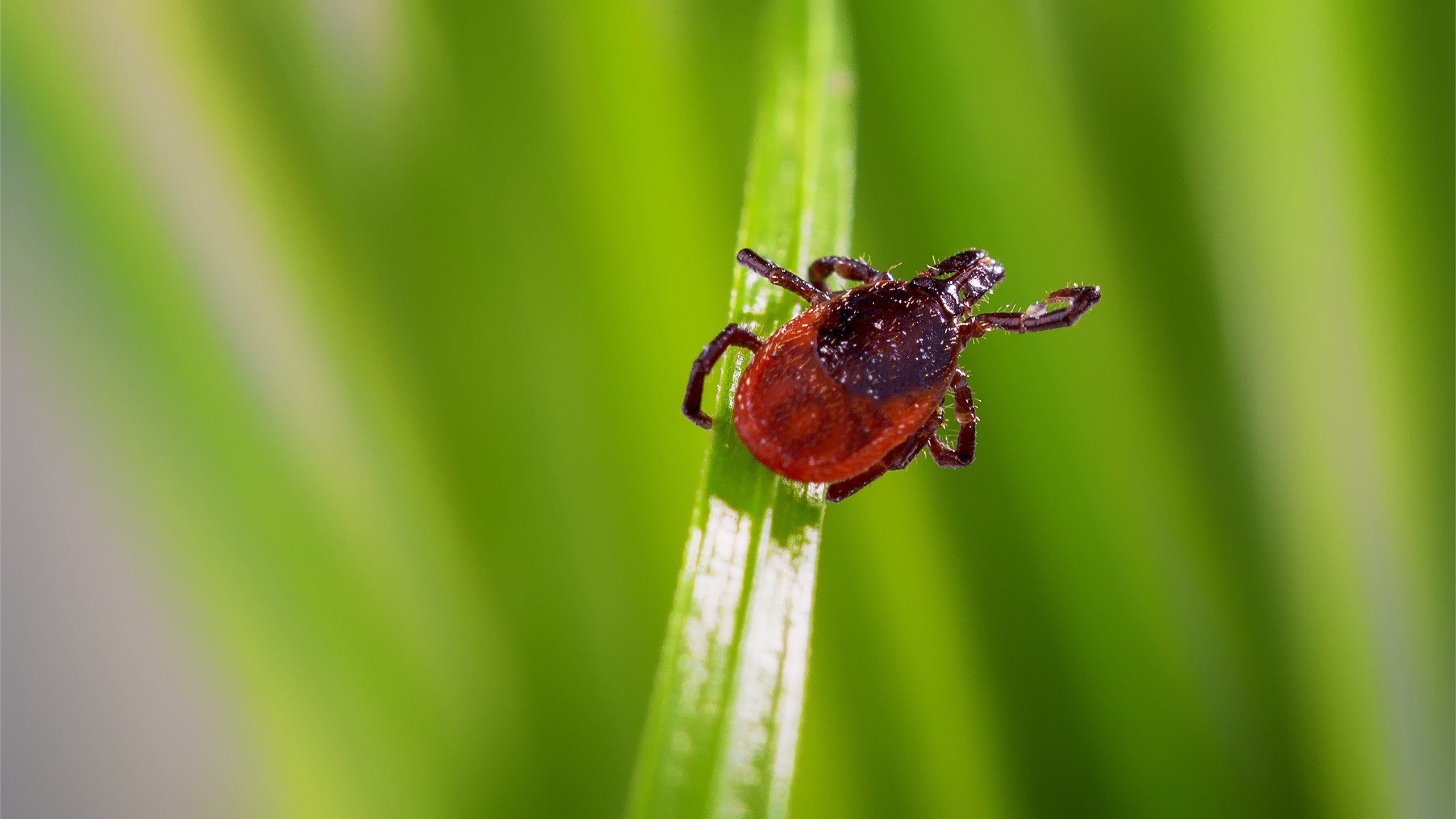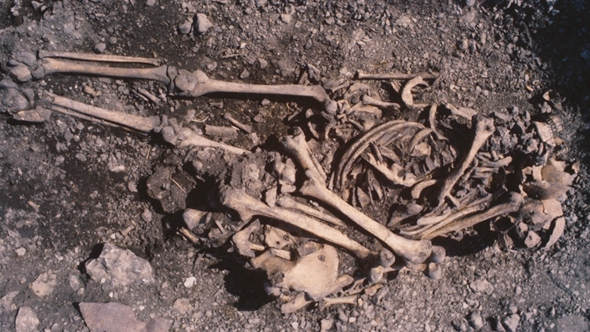Death from rare tick-borne virus reported in Maine
Cases of the potentially-fatal Powassan virus are on the rise in the U.S.

Get the world’s most fascinating discoveries delivered straight to your inbox.
You are now subscribed
Your newsletter sign-up was successful
Want to add more newsletters?

Delivered Daily
Daily Newsletter
Sign up for the latest discoveries, groundbreaking research and fascinating breakthroughs that impact you and the wider world direct to your inbox.

Once a week
Life's Little Mysteries
Feed your curiosity with an exclusive mystery every week, solved with science and delivered direct to your inbox before it's seen anywhere else.

Once a week
How It Works
Sign up to our free science & technology newsletter for your weekly fix of fascinating articles, quick quizzes, amazing images, and more

Delivered daily
Space.com Newsletter
Breaking space news, the latest updates on rocket launches, skywatching events and more!

Once a month
Watch This Space
Sign up to our monthly entertainment newsletter to keep up with all our coverage of the latest sci-fi and space movies, tv shows, games and books.

Once a week
Night Sky This Week
Discover this week's must-see night sky events, moon phases, and stunning astrophotos. Sign up for our skywatching newsletter and explore the universe with us!
Join the club
Get full access to premium articles, exclusive features and a growing list of member rewards.
A person in Maine has died from an infection with a rare tick-borne virus, according to health officials.
On Wednesday (April 20), the Maine Center for Disease Control and Prevention (Maine CDC) announced that a resident of Waldo County, in south-central Maine, had died from Powassan virus. The virus is spread through the bite of an infected deer tick (Ixodes scapularis), groundhog tick (Ixodes cookei) or squirrel tick (Ixodes marxi), according to the U.S. Centers for Disease Control and Prevention (CDC).
Powassan virus is rare in the U.S., with only about 25 cases reported in the country per year since 2015, the Maine CDC said. (Prior to 2015, the virus was even less common, with only about 10 cases per year between 2011 and 2014, according to data from the CDC.) Maine has reported 14 total cases since 2010. Cases usually occur in the northeastern and Great Lakes regions of the United States during the late spring through mid-fall, according to the CDC.
"Ticks are active and looking for a host to bite right now," Nirav D. Shah, director of the Maine CDC, said in the statement. "I urge Maine people and visitors to take steps that prevent tick bites."
Related: The deadliest viruses in history
Many people infected with Powassan virus don't experience symptoms, but for those who do, the disease can be serious, according to the CDC. Initial symptoms can include fever, headache, vomiting and weakness.
Some people with Powassan virus can develop an infection of the brain (encephalitis), or of the membranes surrounding the brain and spinal cord (meningitis). Symptoms of these potentially serious conditions can include confusion, loss of coordination, difficulty speaking and seizures. About 10% of people with severe disease die from the infection, according to the CDC.
Get the world’s most fascinating discoveries delivered straight to your inbox.
In the Maine case, the patient developed neurologic symptoms and died while in the hospital, the statement said.
There is no specific treatment for the infection. People with severe disease usually need to be hospitalized and receive supportive care, including breathing support, hydration and anti-inflammatory medicines to reduce swelling in the brain, according to the CDC.
The best way to prevent infection with Powassan virus is to prevent tick bites. According to Maine CDC, strategies to prevent tick bites include: avoiding wooded and bushy areas with tall grass (tick habitats) and staying on the middle of trails whenever possible, using insect repellent and treating clothing with the repellent permethrin, as well as performing tick checks, especially after visiting tick habits.
The increase in Powassan virus cases in the U.S. in recent years are likely due to the expansion of the range for deer ticks (also called black-legged ticks). Factors such as increased temperatures and humidity, as well as a rise in deer and mice populations, have contributed to the expansion of the tick population, Live Science previously reported.
Originally published on Live Science.

Rachael is a Live Science contributor, and was a former channel editor and senior writer for Live Science between 2010 and 2022. She has a master's degree in journalism from New York University's Science, Health and Environmental Reporting Program. She also holds a B.S. in molecular biology and an M.S. in biology from the University of California, San Diego. Her work has appeared in Scienceline, The Washington Post and Scientific American.
 Live Science Plus
Live Science Plus










